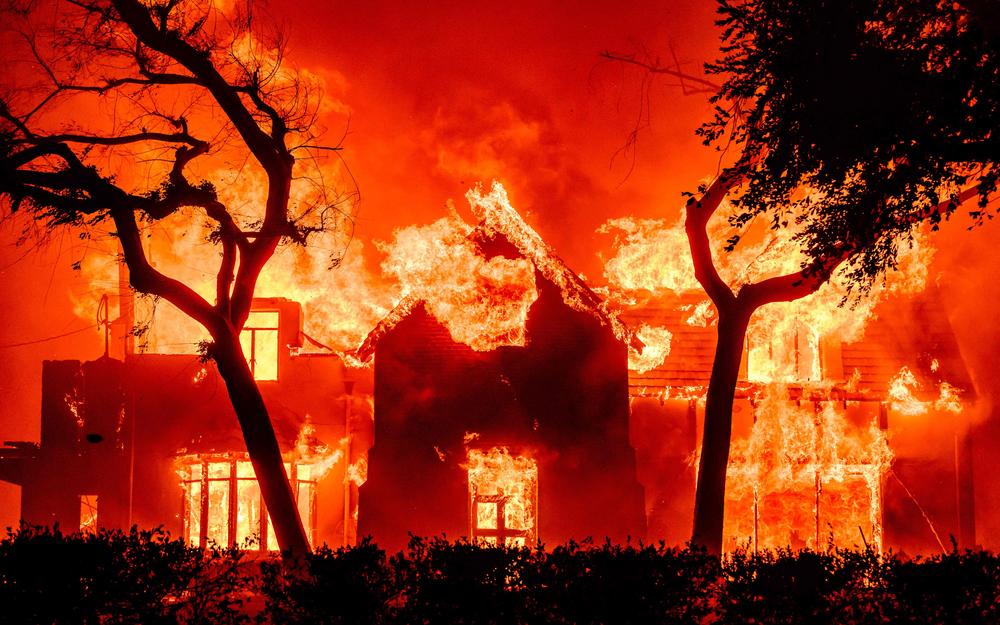Cyclones "Idai" and "Kenneth": The crazed climate has drowned Mozambique by corrupt debts
- Climate change is already here and hits the poorest countries harshly. Two extremely unusual cyclones in East Africa have landed on Mozambique, causing great damage in a country where secular colonialism, the sixteen-year-old civil war and the massive public debt that the corrupt leaders have recently accumulated over the country were in a critical situation. Climate madness has winning and losing factors that they suffer.
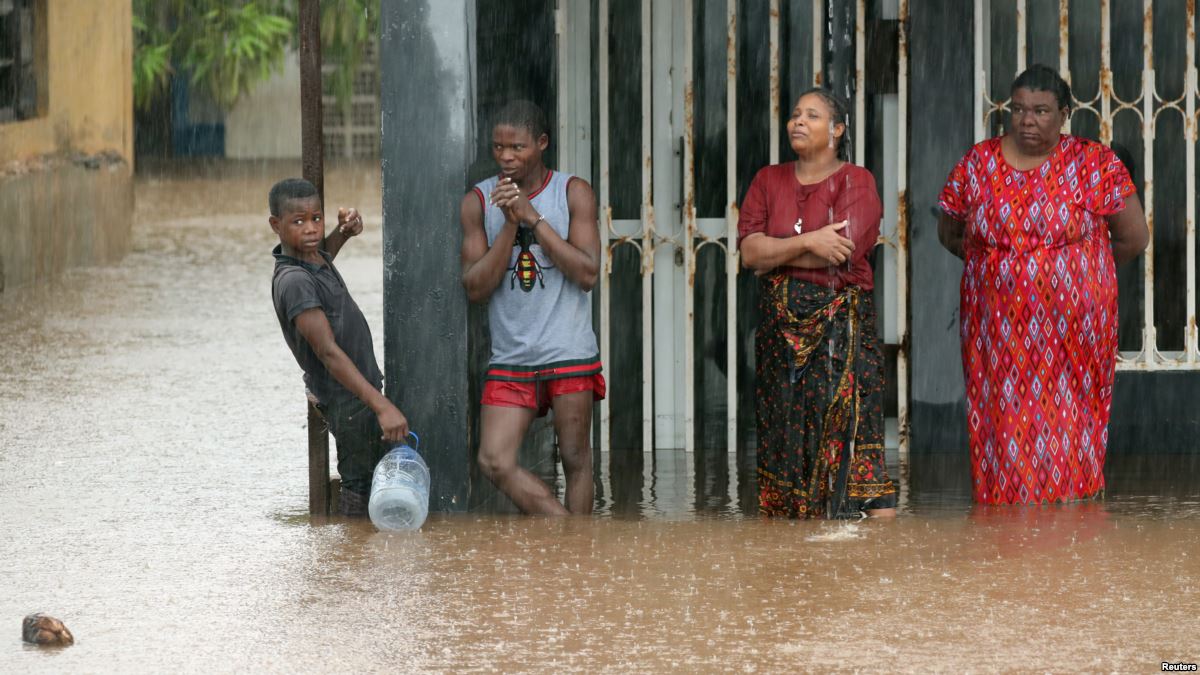
From Cabo Delgado, winds reached 225 kilometers per hour, after heavy rains and heavy waves of wind that have been accumulating. The news, which is very weak in the rich north, indicates that in the Macomia region 80% of the homes and buildings have collapsed and have left 100,000 people homeless. The authorities had hoped to stop several dozen times a day, because the area of Pemba is not very crowded.
Renowned meteorologist Eric Holthaus has explained that Kenneth had come to last for several days, as his situation in the upper part of the atmosphere had made it unlikely that he would weaken: “This has never happened in this region and in the world it has happened in very rare periods, that a cyclone will remain in effect for so many days.”
According to the World Meteorological Organization, Idai can be the worst tropical cyclone ever known to the Southern Hemisphere. The experts described Idai as a level 4 cyclone, stressing that on the shore of the African Sea it is curious that such a storm should arrive within five weeks.
Under the influence of Idai, the city of Beira, which has 500,000 inhabitants, has been destroyed by 90 per cent of the floods and has killed 600 people. The first responders who arrived in the most affected areas found people climbing above trees and roofs, waiting to be rescued, while the waters were rising higher and higher. The social media circulating in Zimbabwe showed people drowned in the flooded streets and countless submerged houses were floating in the aerial images of Mozambique. Across the region, one of the poorest in the world, Idai hit nearly three million people.
Holthaus warned in his article “Idai,” the Internet Cyclone of Argia, published in March, that Idai was a palpable proof of the disasters caused by climate change in several regions of the world: “Cyclone Idai is not a natural disaster: climate change, secular colonialism and continuing international injustices have worsened the storm.” Storm Kenneth is right for him, as he sees at the moment.
Floods in Mozambique are linked to climate change in at least three areas. On the one hand, a warmer atmosphere supports more water vapor, which makes rains more intense. Secondly, the region has suffered a severe drought in recent years, in line with the desiccation that weather forecasts for this area, hardening the soil and causing water disorder. Thirdly, the level of the sea is already at a higher level than a century ago, which makes the flood of the coast more inshore.

To make matters worse, the droughts of the years have made the food supply very scarce and particularly affect children, which has caused child labour and forced marriages to multiply in these years. With hundreds of thousands of hectares of land and submerged agricultural land, there is little hope that the region will resume its rapid implementation.
“To those of us who live in rich countries, Holthaus says, it’s hard to imagine such a disaster, because our society is built, in part, to protect us from extreme time. This is what shows a new humanitarian crisis, the injustice that is at the heart of climate change.”
That fraud of vapours for tuna
If disasters never reach the poor at the right time, climate disasters arrive in Mozambique in a desolate economic collapse. After centuries of colonialism, like the rest of Africa, Mozambique got rid of the Portuguese, between 1976 and 1992, plunged into a bloody civil war on the pretext of putting a barrier to communism in Africa. As a result, in addition to major economic destruction, one million deaths and four million internally displaced persons, mostly concentrated on the outskirts of cities and in flooded areas.
Since then, Mozambique has been accumulating external debts, bordering to the limit on development projects of the International Monetary Fund IMF and the World Bank, which are the tools of neoliberalism, and has proclaimed Africa's champion of debtors.
Last fall ATTAC, the alterglobalist organization, reported a scandal that splashed the Mozambican authorities and the respectable European and American companies, leading the country into bankruptcy and showing how public indebtedness works around the world.
.jpg)
We are in September 2013. Cherbourg, in the French Normandy. President François Hollande will arrive at the shipyard here with three ministers to conclude a very good contract that France has achieved: 24 steam boats for tuna and 6 military patrol boats for the army. Mozambique's fishing is going to be revived and monitored by pirates guarding the dangerous coast.
Five years later, all the boats were built and delivered, but they could not leave the ports, Mozambique had seen payments of its public debt suspended, investments of the country, all the social costs cut. In fact, what was going to involve an investment of EUR 200 million ended up becoming a debt of EUR 2 billion within five years, including EUR 622 million more to improve the conservation of the coast, EUR 538 million to adapt the ports to the modern vapours, EUR 800 million to guarantee the first investments...
Among them, State apparatus leaders have taken advantage of the shipwreck in Mozambique, where senior ministers and secret services are at the forefront of private public service contracts, and revolving doors in Africa as well. The banks of Germany, Switzerland, France, Great Britain and Russia have tied their salaries well and Mozambique has had to sign a financing plan that will force it to pay EUR 2 billion in total, despite the fact that on the streets some citizens and popular movements demanded that they refuse corrupt debt. Idai and Kenneth have finished.
Eskola inguruko natur guneak aztertu dituzte Hernaniko Lehen Hezkuntzako bost ikastetxeetako ikasleek. Helburua, bikoitza: klima larrialdiari aurre egiteko eremu horiek identifikatu eta kontserbatzea batetik, eta hezkuntzarako erabiltzea, bestetik. Eskola bakoitzak natur eremu... [+]
Agintari gutxik aitortzen dute publikoki, disimulurik eta konplexurik gabe, multinazional kutsatzaileen alde daudela. Nahiago izaten dute enpresa horien aurpegi berdea babestu, “planetaren alde” lan egiten ari direla harro azpimarratu, eta kutsadura eta marroiz... [+]
Biologian doktorea, CESIC Zientzia Ikerketen Kontseilu Nagusiko ikerlaria eta Madrilgo Rey Juan Carlos unibertsitateko irakaslea, Fernando Valladares (Mar del Plata, 1965) klima aldaketa eta ingurumen gaietan Espainiako Estatuko ahots kritiko ezagunenetako bat da. Urteak... [+]
Nola azaldu 10-12 urteko ikasleei bioaniztasunaren galerak eta klima aldaketaren ondorioek duten larritasuna, “ez dago ezer egiterik” ideia alboratu eta planetaren alde elkarrekin zer egin dezakegun gogoetatzeko? Fernando Valladares biologoak hainbat gako eman dizkie... [+]
Eskoziako Lur Garaietara otsoak itzularazteak basoak bere onera ekartzen lagunduko lukeela adierazi dute Leeds unibertsitateko ikertzaileek.. Horrek, era berean, klima-larrialdiari aurre egiteko balioko lukeela baieztatu dute, basoek atmosferako karbono-dioxidoa xurgatuko... [+]
There was no one or all. That we all suffer at least if the necessary changes are not made so that no one suffers the climate emergency. You – reader – I – Jenofá-, they – poor – and they – rich. The fires in Los Angeles did not give me satisfaction, but a sense of... [+]










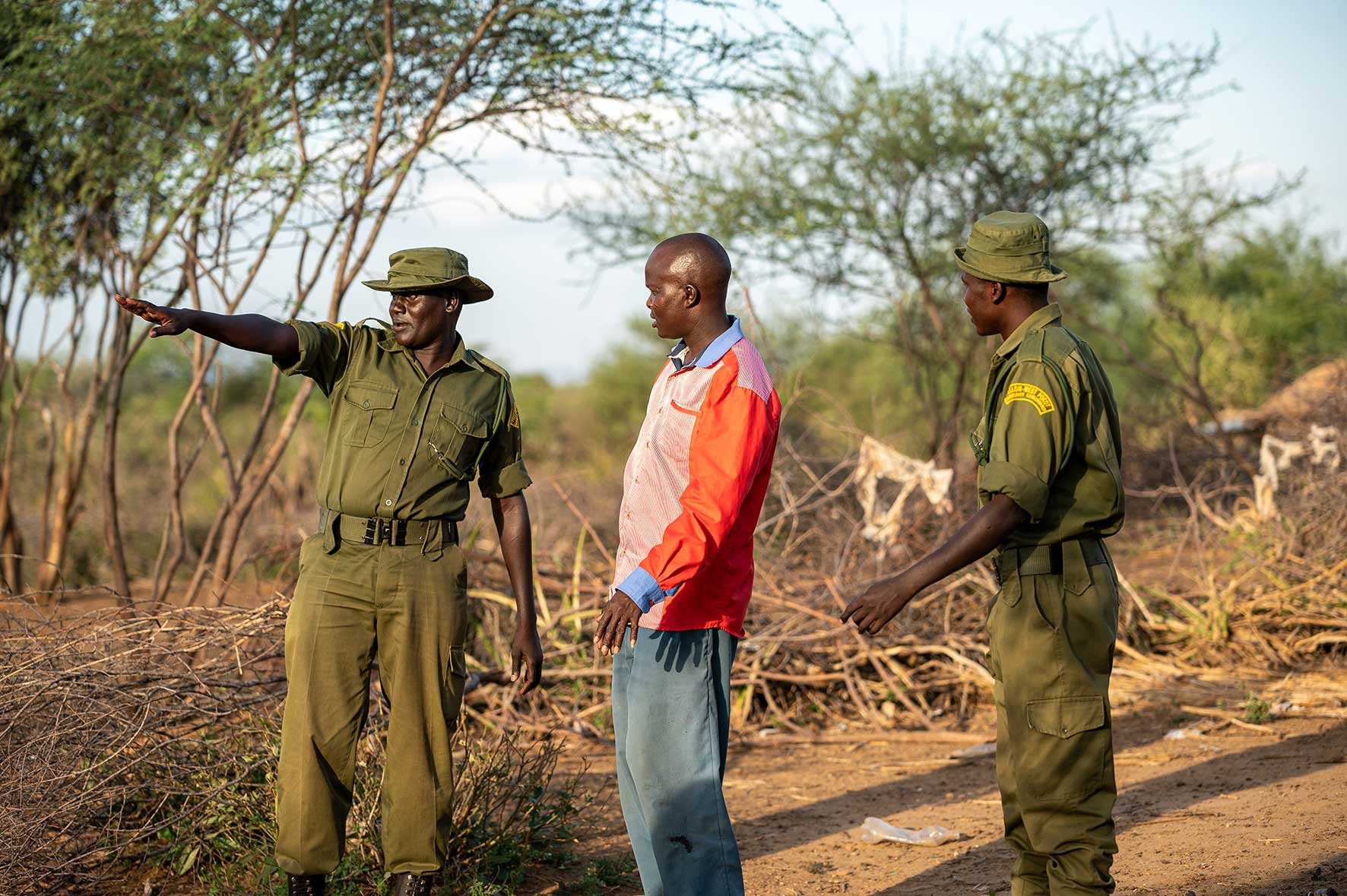



_Glaciar.png)

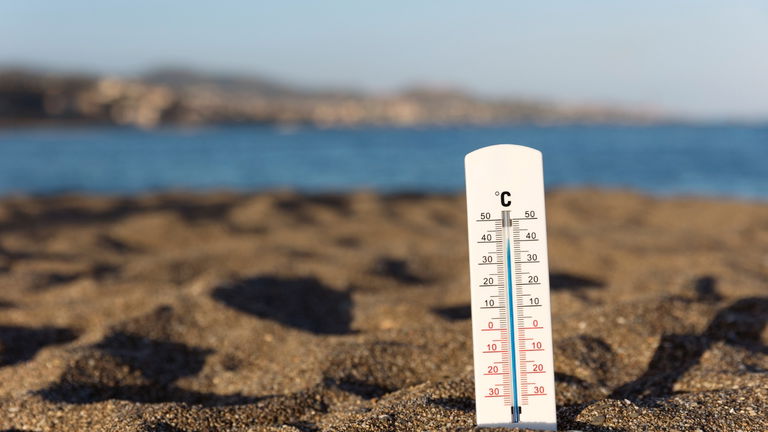
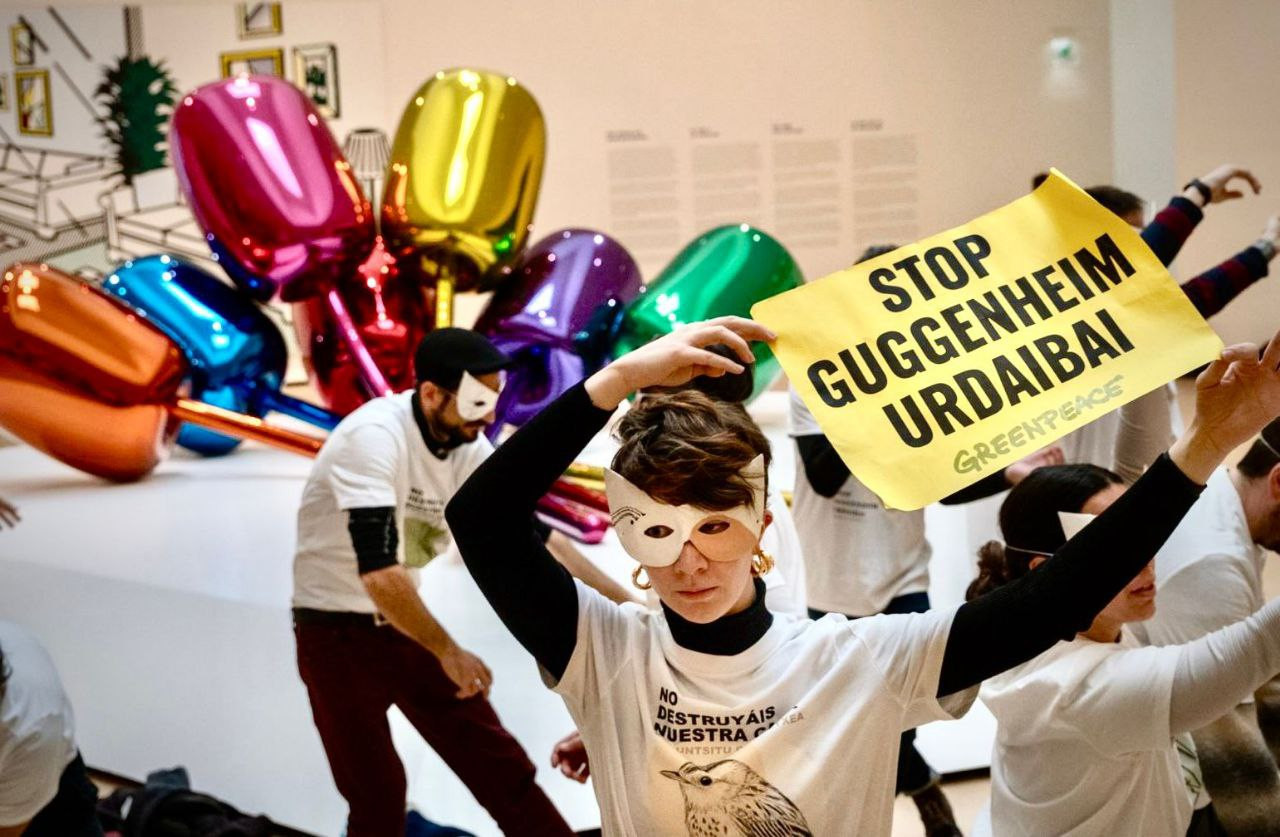

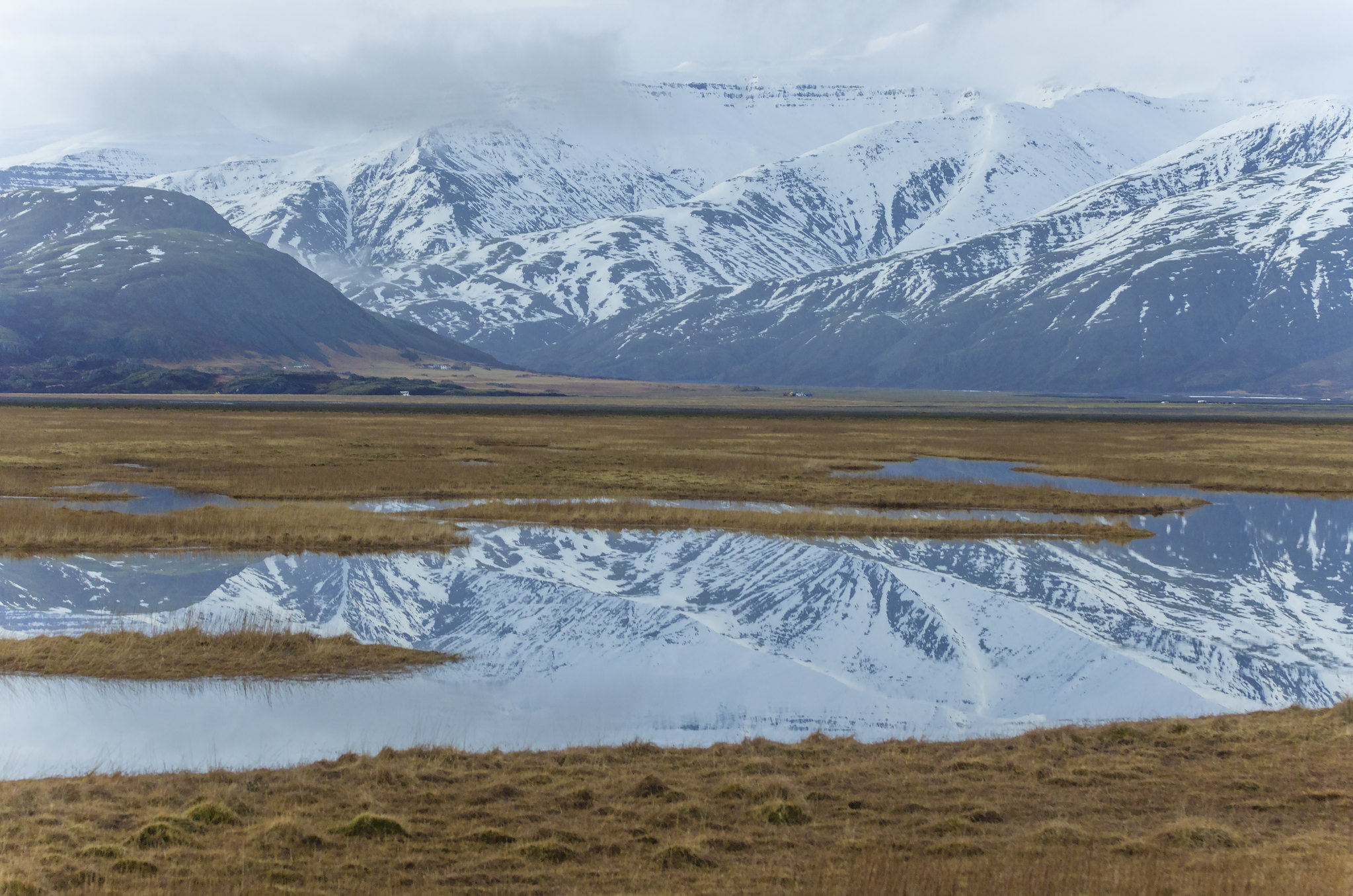
-(1).jpg)
